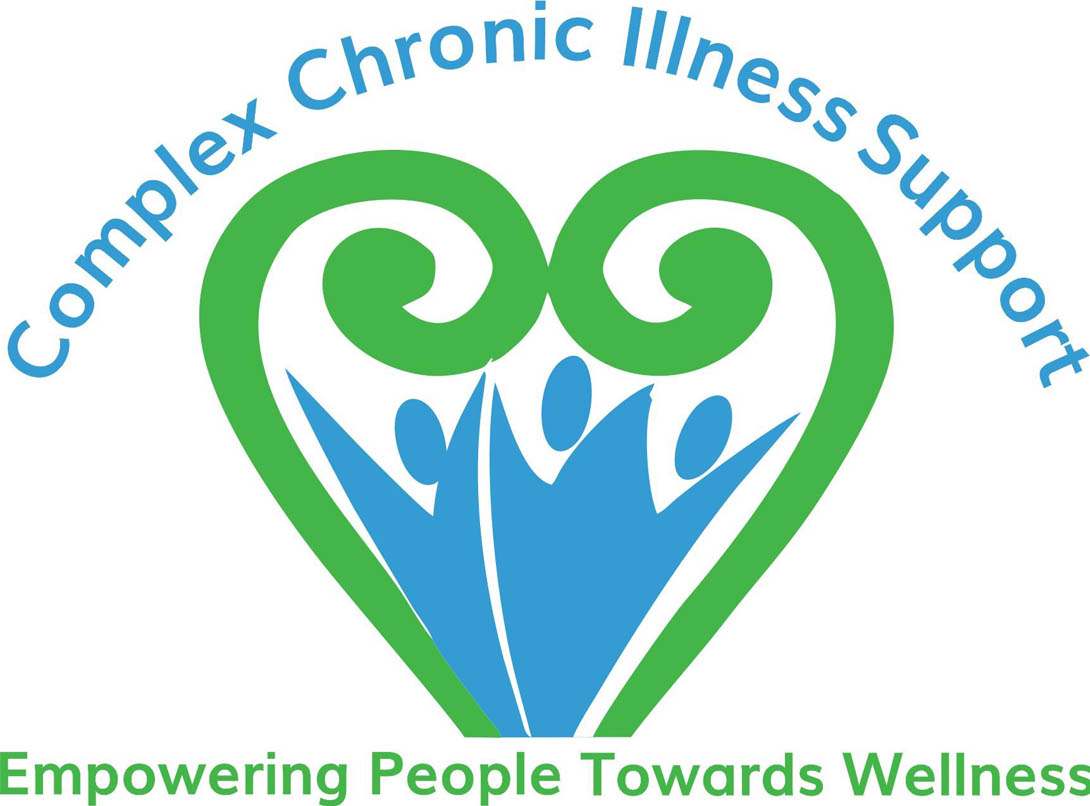Contact: Complex Chronic Illness Support (CCI Support)
0800 224 787 www.ccisupport.org.nz [email protected]
World ME Day asks you to learn about the broken energy system in ME/CFS
Myalgic Encephalomyelitis/Chronic Fatigue Syndrome (ME/CFS) is a disabling, chronic and complex disease. There is no diagnostic test, cure, nor universally effective treatments for ME, and patients often suffer for life.
May 12, 2023 – To mark World ME Day, CCI Support is collaborating with other New Zealand ME Support Groups and joining with ANZMES and the World ME Alliance to announce the launch of a global awareness campaign addressing the hallmark symptom of ME: post-exertional malaise (PEM) and using the tagline “ME: the disease where pushing harder can make you sicker.”
It is estimated that over 25,000 people live with ME/CFS in New Zealand. However, since the COVID-19 pandemic hit, this figure is thought to have doubled. There are now 300,000 people living with post viral long COVID in New Zealand, and 10% of those meet the criteria for COVID-induced ME/CFS diagnosis.
If you’ve never heard of post-exertional malaise (PEM) you’re not alone. But for people living with ME/CFS or long COVID understanding PEM is crucial to managing their illness. World ME Day on May 12 is an opportunity to increase understanding of this little-known phenomenon.
Post-exertional malaise (PEM) is something that everyone with ME/CFS (Myalgic Encephalomyelitis /Chronic Fatigue Syndrome) experiences. Put simply, PEM is a debilitating and abnormal response to normal activity – a worsening of symptoms after physical, mental, or emotional exertion that would not have caused a problem before the illness. These episodes are sometimes referred to as “crashes,” and may last days, weeks, or permanently.
When PEM hits, people report existing symptoms increase, and that new ones appear including brain fog (executive functioning), flu-like symptoms (sore throat, muscle pain, increased fatigue); muscle weakness; increased sensitivity to noise, light or touch; pain; sleep problems.
How much and what type of exertion triggers PEM is different for each person. Triggers can include:
- physical (walking around the mall or folding the washing);
- cognitive (thinking, talking, reading)
- processing emotional events (both positive and negative stressors)
- sensory overload (noise, light, touch, smell, temperature, vibrations such as in vehicles)
- physiological processes (digestion, temperature regulation, fighting infections)
- orthostatic (sitting or standing upright vs lying down)
- multi-tasking (even if individually each activity is within their Energy Envelope, e.g. talking while walking, or thinking while in a noisy environment)
Leading ME/CFS researcher Dr Lynette Hodges, Exercise Physiologist, Massey University, says “Individuals with ME/CFS are not lazy or deconditioned. Our research has shown physiological changes for those with ME/CFS. Both planned exercise and even simple activities of daily living can cause PEM.”
PEM is best managed by creating an individualised routine of rest and carefully paced activities within the individual’s current energy envelope. GP Cathy Stephenson states “If there’s one thing to impress upon health providers when it comes to the management of ME/CFS, it’s Pacing. Above all else. Pacing.”
Kate was diagnosed with ME 5 years ago after 20 plus years of health challenges triggered from a viral illness. Before this she was hardly ever sick, a school prefect, and played high level sport representing New Zealand for Water Polo. In 2018 her system crashed after pushing through symptoms for too long when numerous doctors weren’t able to help. She suffered with crushing fatigue that did not improve after a full night’s sleep and had to give up work, sports and her social life. She was mostly confined to her home, except for dropping off and picking up her boy from daycare/school and other activities.
She also experienced constant body pain, fluctuating headaches, neurological problems resulting in impaired memory and an inability to concentrate and Postural Orthostatic Tachycardia Syndrome (POTS), a dysfunction in the autonomic nervous system. Any physical, mental, or emotional effort would cause worsening of her symptoms and she had to learn to work within a very small energy envelope.
Five years on, Kate has made what is known as significant progress in the ME community, with a reduction in symptoms enough that she can work a small number of hours each week. She can attend more activities with her son, however her dreams of dancing and playing masters level competitive sports are not fulfilled and she is accepting that she may never reach these and other dreams she has.
This World ME day, Complex Chronic Illness Support are:
- Lighting up landmarks in Blue – with thanks to the local councils for their support.
- Tauranga Wharf Street Lights
- Wellington
- The Albatross Fountain
- Hikitia Floating Crane
- Michael Fowler Centre.
- Holding an Open Day at 43 Welcome Bay Road, Welcome Bay, TAURANGA on Friday 12th may from 11am till 2pm
- Running a Generosity Generator Crowdfunding campaign
- Supporting ANZMES Petition in Parliament for recategorization of ME/CFS as a disability.
- ANZMES petition – https://anzmes.org.nz/petition-disability/?fbclid=IwAR2L5vsG0iBBbtavoiAkz9n8to8EBFeLsJxynRSPhUwwGkxiyUKPOhnRp2s
- ANZMES Oral submission to the Health Select committee – https://fb.watch/kqxiPZoWJ4/
- Manatu Hauora – The future of health care submission
Information for the editor:
- Information about ME is available here.
- Factsheet on ME and PEM is available here.
- Information about World ME Day is available at
- New Zealand’s World ME Day information from ANZMES on https://anzmes.org.nz/worldmeday2023/
- Follow the Learn From ME page on Facebook on May 12th to follow the World ME Day campaign. This page is a collaborative initiative between the regional and national ME/CFS organisations
- Stock photos – use appropriate images to help decrease stigma. A selection is available on Getty here.
- Royalty free photos depicting severe ME are available here.
